10 Steps to Create an App Development Work Scope
A precise and comprehensive “Scope of Work” (SOW) has become essential in the rapidly evolving app development. It offers a development process roadmap and defines clear expectations, minimizing the potential for miscommunication and conflict. By laying out the framework, the SOW document guarantees that the client and the developer have the same objectives, deliverables, and timelines.
This article explores the technical aspects of creating a successful SOW for mobile app development, emphasising its importance and offering an invaluable resource to ensure the success of your projects.
What is meant by the scope of work document?
A precise document that outlines all of the tasks, deliverables, and timelines that a project will include is called a “Scope of Work” (SOW). Within the app development context, the SOW establishes clear limits for the project, removing doubts and setting the path for a more efficient development process by verifying that clients and developers are on the same track regarding the project’s objectives, features, and limitations.
The Differences Between a Work Statement and a Scope of Work
Although the two terms are commonly used interchangeably, a Statement of Work and a Scope of Work have different functions in project management. A thorough document that offers an in-depth description of the entire project is the Statement of Work. It covers issues like the project’s goals, procedures, terms of payment, and other general contractual obligations, along with the particular tasks and deliverables.
Conversely, the Scope of Work dives deeper into the details. It is the component of the SOW document that specifies the particular tasks that must be completed, the results that should be expected, the requirements for approval, and the boundaries of the project. The Statement of Work provides a broad overview of the project contract, whereas the Scope of Work provides a more detailed picture, emphasizing the tasks and methods involved. A distinct separation of these two terms in app development assures that more minor details of the mobile app development process are not overlooked, even as the larger project goals remain in sight.
How do you write an app development scope of work?
1.Project Overview: Start with a high-level overview of the application. Explain the main features, target audience, and product objective. This section should make it very clear to anyone who is reading the SOW and what the app aims to accomplish.
2.Goals & Objectives: Describe the app’s precise goals in depth. What issue does it resolve? What is the need it covers? Clarity about the end goals will guide the subsequent phases of development.
3.Features and Functionalities: List every function that the app will deliver. Provide as much information as you can. Payment gateways for user registration and more complex features tailored to the app’s function may come under this group.
4.Technical requirements: List all the project’s technical requirements, such as the platforms (iOS, Android, and Web) for which the app will be developed, any third-party integrations that will be needed, and any particular frameworks or technologies that will be used.
5.Deliverables: Clearly define what will be provided after the project is finished. This could include the application, documentation, source code, and other essential files.
6.Timelines & Milestones: Divide the project into phases or milestones and give each one a deadline. This keeps the project on track and enables regular meetings between the client and the app developer.
7.Budget and Payment Terms: List the costs associated with each feature or phase, along with the payment terms, such as lump sum payments at the end of the project or payments owing at each milestone’s completion.
8.Acceptance Criteria: Describe the criteria an application must satisfy to be declared finished. This could be related to functionality, performance, or other relevant features.
9.Revisions and Feedback: Specify how feedback will be received and what corrections will be made. Clearly define the terms under which any modifications made after the initial SOW will be handled.
10.Communication & Reporting: Describe the frequency of updates, the method of communication, and the contents of the updates that the client will get from the developer.
Read About Healthcare App Development Trends in 2023-24
Creating a Work Scope Before Developing an App: An Important Step

It’s like going into unfamiliar territory without a map when you start developing apps without a clear roadmap. Providing clarity and understanding, the Scope of Work (SOW) acts as this vital guide. The entire development process is affected by a strong SOW in the following ways:
1. Direction and Clarity
The project’s goals, deliverables, and technical specifications are all outlined in the SOW. This clarity reduces the possibility of mid-project changes or misunderstandings, which can cause delays, by ensuring that developers and stakeholders agree from the very start.
2. Management of Resources
Project managers can more effectively allocate resources by specifying tasks, deadlines, and deliverables using a SOW. This comprises the team’s technology and human resources, ensuring they have all they require smoothly.
3. Financial Planning and Budgeting
The programmers and clients may better plan their budgets when the cost structure is laid out in an effective SOW. It guarantees financial transparency throughout the development process and safeguards against unexpected costs.
4. Risk Assessment
An SOW acts as a risk management tool by addressing potential issues and providing backup strategies. Because it spots potential challenges early, teams may create plans to prevent or handle these difficulties.
5. Assurance of Quality
Processes for quality assurance can be simplified by clearly outlining the objectives and deliverables of the project. Coders are well aware of the expectations, and quality testers have a defined standard by which to evaluate the result.
6. Mitigation of the Scope Creep
“Scope creep” is a common application difficulty when the project’s objectives are regularly expanded, resulting in budget overruns and delays. A well-written SOW offers a framework for handling and assessing any suggested adjustments while keeping the project aligned with its original objectives.
7. Effective Communication
Stakeholder communication is streamlined when there is a SOW in existence. Because everyone is referring to the same document, there are fewer misunderstandings, and discussions revolve around the clearly stated scope of the project.
Conclusion
In app development, there are several potential risks from concept to execution. A substantial scope of work (SOW) is an anchor and guide to keep projects on track and on target as they progress toward their goals. The cornerstone guarantees that ideas are successfully translated into observable results; therefore, it’s more than just a document. An SOW is not only advised for each developer and stakeholder but is also essential to the project’s success.
Flutter Agency will help you with your SOW documentation if you are considering developing an app for your company and are searching for a reliable Flutter app development company. Get in touch with us now!
2 comments
Leave a comment
Contemporary ventures
Recent blog
ready to get started?
Fill out the form below and we will be in touch soon!
"*" indicates required fields

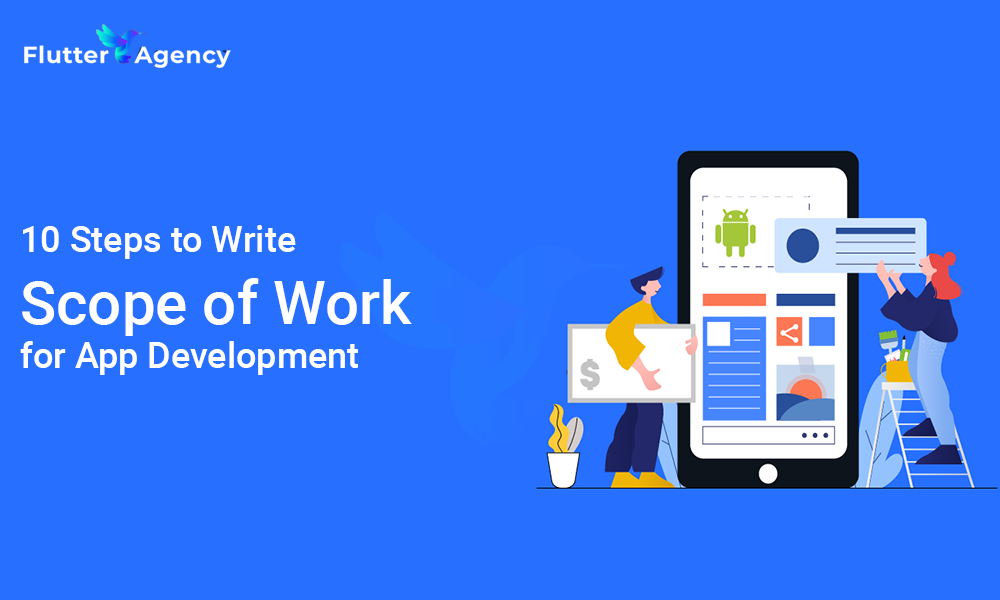





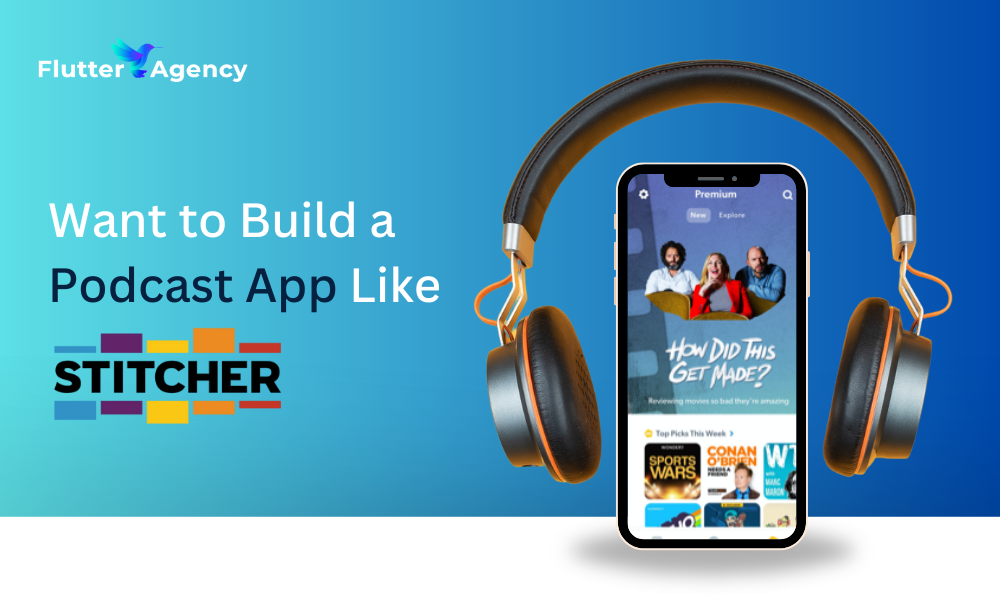
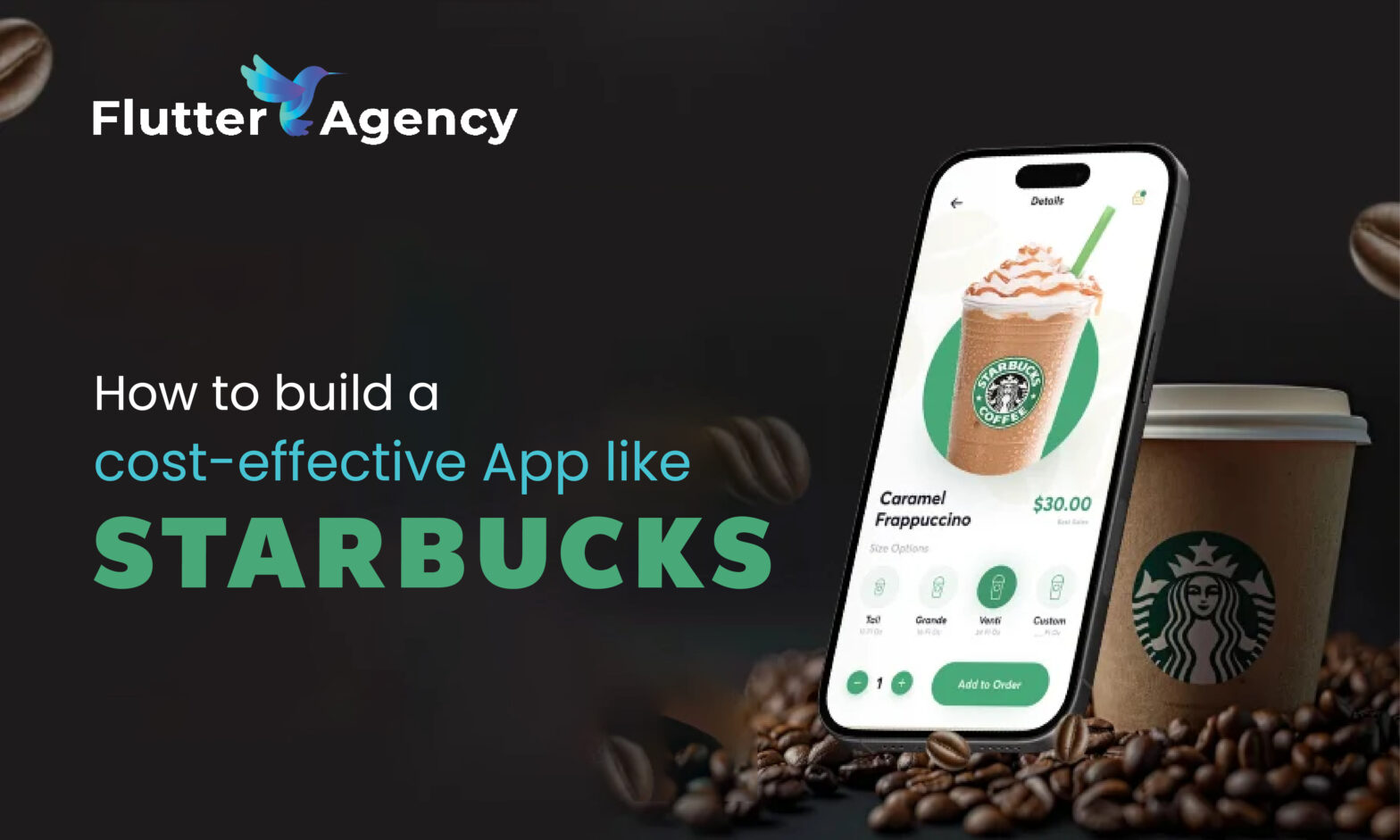
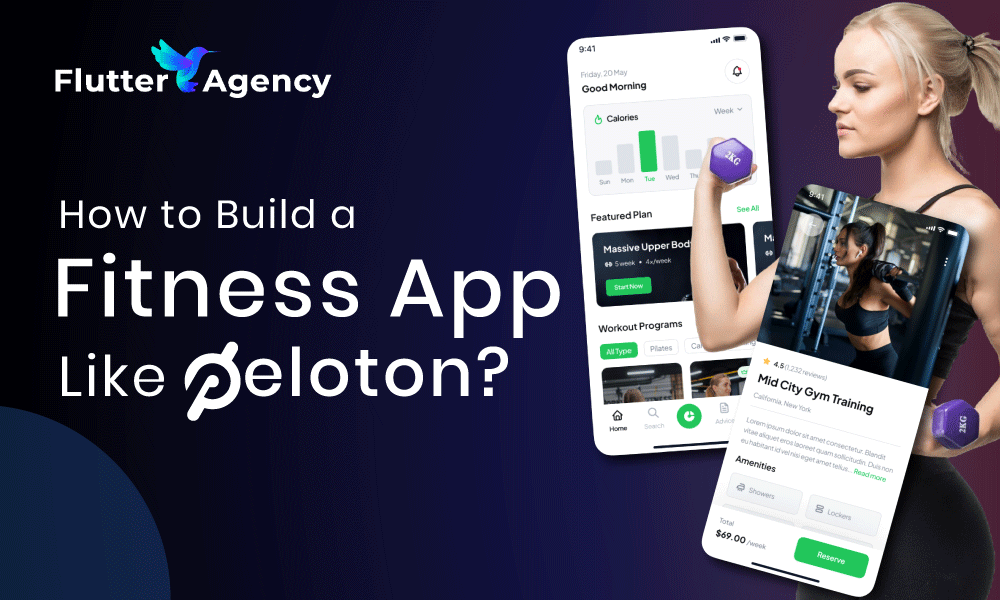

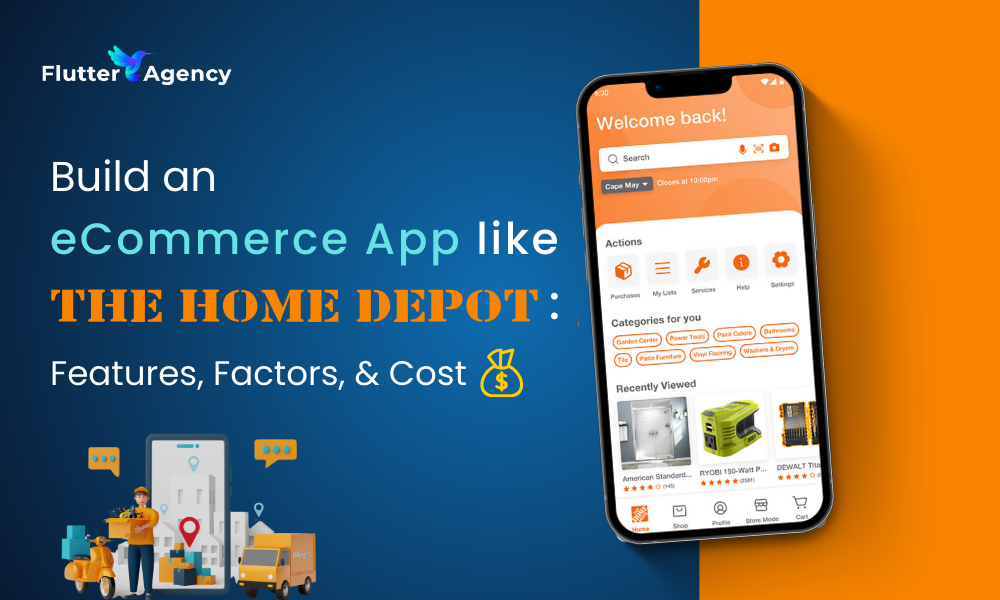


Thank you for commenting. Stay tune with us you to get more update.